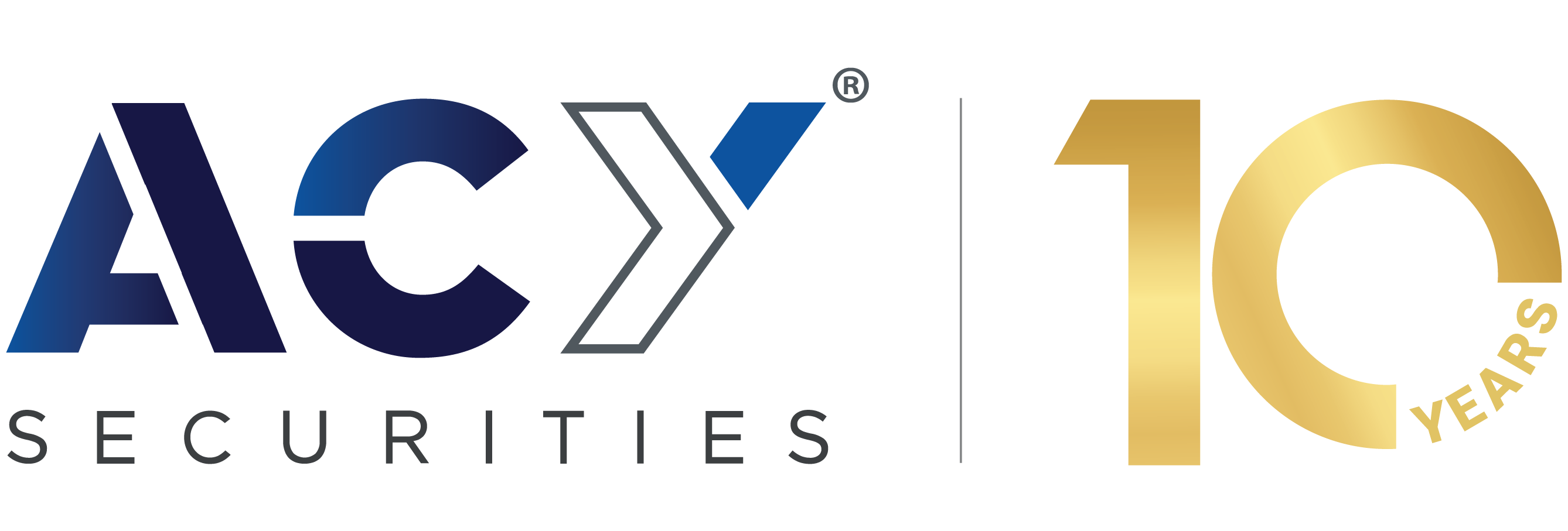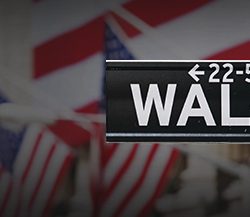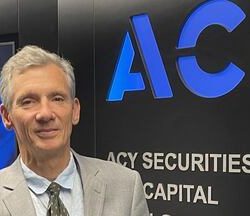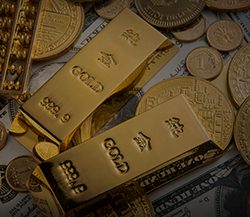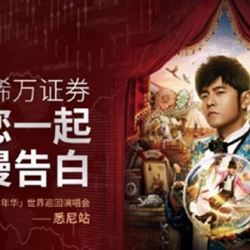Gallagher v. Crown Kosher Super Market of Massachusetts, Inc. Heffron v. International Society for Krishna Consciousness, Inc. Frazee v. Illinois Department of Employment Security, Church of Lukumi Babalu Aye v. City of Hialeah, Watchtower Society v. Village of Stratton, Masterpiece Cakeshop v. Colorado Civil Rights Commission, Roman Catholic Diocese of Brooklyn v. Cuomo, Our Lady of Guadalupe School v. Morrissey-Berru, Gonzales v. O Centro Esprita Beneficente Unio do Vegetal, Little Sisters of the Poor Saints Peter and Paul Home v. Pennsylvania. Specifically, a system thatmatches small-dollar donationswith public funds would expand the role of small donors and help candidates rely less on big checks and special interests. The decision changed how campaign finance laws worked in the United States and expanded the free speech rights of corporations. Had prior courts never gone against stare decisis (that is, against precedent), for example, "segregation would be legal, minimum wage laws would be unconstitutional, and the Government could wiretap ordinary criminal suspects without first obtaining warrants". Buckley, he said, also acknowledged that large independent expenditures present the same dangers as quid pro quo arrangements, even though Buckley struck down limits on such independent expenditures. Justice Kennedy's opinion also noted that because the First Amendment does not distinguish between media and other corporations, the BCRA restrictions improperly allowed Congress to suppress political speech in newspapers, books, television, and blogs. The court's ruling effectively freed corporations and unions to spend money both on "electioneering communications" and to directly advocate for the election or defeat of candidates (although not to contribute directly to candidates or political parties). However, while Stevens has been interpreted as implying the press clause specifically protects the institutional press it isn't clear from his opinion. In part, this explains the large number and variety of candidates fielded by the Republicans in 2016. Citizens United and the Impact on Campaign Finance Laws v. FEC (Slip Opinion)", "24 States' Laws Open to Attack After Campaign Finance Ruling", "2013 State Legislative Trends: Campaign Contribution Limits Increase in Nine States", "Congress: A Powerful Democratic Lawyer Crafted the Campaign Finance Deal", "Democrats Try to Rebuild Campaign-Spending Barriers", "Top Democrats Seek Broad Disclosure on Campaign Financing", "House approves campaign finance measure by 219-206", "Who's exempted from 'fix' for Supreme Court campaign finance ruling? It never shows why 'the freedom of speech' that was the right of Englishmen did not include the freedom to speak in association with other individuals, including association in the corporate form." An ABCThe Washington Post poll conducted February 48, 2010, showed that 80% of those surveyed opposed (and 65% strongly opposed) the Citizens United ruling, which the poll described as saying "corporations and unions can spend as much money as they want to help political candidates win elections". Citizens United v. Federal Election Commission, case in which the U.S. Supreme Court on January 21, 2010, ruled (5-4) that laws that prevented corporations and unions from using their general treasury funds for independent "electioneering communications" (political advertising) violated the First Amendment 's guarantee of freedom of speech. 2023 A&E Television Networks, LLC. A system founded on the principle of individuals giving limited, disclosed contributions directly to candidates, parties and PACs has morphed into a system that allows individuals and organizations to give hundreds of thousands, or even millions of dollars, to groups to spend in elections, some of whom are closely aligned with candidates and parties, without disclosure. [151] In Minnesota, the Minnesota Senate passed a similar resolution, "Senate File No. It took another decision, by the U.S. Court of Appeals for the District of Columbia Circuit, Speechnow.org v. Federal Election Commission, to actually authorize the creation of super PACs. It increased the amount of money spent on elections. [36], Roberts wrote to further explain and defend the court's statement that "there is a difference between judicial restraint and judicial abdication." The court also ruled that the reporting requirements of 2 U.S.C. ", Gerken H. "The real problem with Citizens United: Campaign finance, dark money, and shadow parties" 97, Hansen, Wendy L., Michael S. Rocca, and Brittany Leigh Ortiz. For example, PACs are only permitted to contribute up to $5,000 per year to a candidate per election. The Michigan statute at issue in Austin had distinguished between corporate and union spending, prohibiting the former while allowing the latter. [119], On June 27, 2011, ruling in the consolidated cases of Arizona Free Enterprise Club's Freedom Club PAC v. Bennett (No. Citizens United v. Federal Election Commission, 558 U.S. 310 (2010), was a landmark decision of the Supreme Court of the United States regarding campaign finance laws and free speech under the First Amendment to the U.S. Constitution. The First Amendment, he argued, protects individual self-expression, self-realization and the communication of ideas. Sixth, Stevens claimed that the majority failed to give proper deference to the legislature. [107] The Christian Science Monitor wrote that the court had declared "outright that corporate expenditures cannot corrupt elected officials, that influence over lawmakers is not corruption, and that appearance of influence will not undermine public faith in our democracy". Differing interpretations of the amendment have fueled a long-running debate over gun control legislation and the read more, Freedom of religion is protected by the First Amendment of the U.S. Constitution, which prohibits laws establishing a national religion or impeding the free exercise of religion for its citizens. That is a large effectlarge enough that, were it applied to the past twelve Congresses, partisan control of the House would have switched eight times. How did the Watergate scandal affect policies surrounding campaign finance? These numbers actually underestimate the impact of dark money on recent elections, because they do not include super PAC spending that may have originated with dark money sources, or spending that happens outside the electioneering communications window 30 days before a primary or 60 days before a general election. The Supreme Court eventually ruled 5-4 and stated that the First Amendment gave rights to companies to spend on elections and that there was no limit on such amount. In the short term, a Supreme Court reversal or constitutional amendment to undoCitizens Unitedis extremely unlikely, and regardless, it would leave many of the problems of big money in politics unsolved. Citizens United v. Federal Election Commission (2010) It increased the amount that individual donors can contribute to a campaign. [57], The New York Times asked seven academics to opine on how corporate money would reshape politics as a result of the court's decision. The amendment was adopted in 1791 along with nine other amendments that make up the Bill of read more, Miranda rights are the rights given to people in the United States upon arrest. Stevens predicted that this ruling would restrict the ability of the states to experiment with different methods for decreasing corruption in elections. Stevens's opinion expresses his view that the institutional press can be distinguished from other persons and entities that are not the press while the majority opinion viewed "freedom of the press" as an activity, applicable to all citizens or groups of citizens seeking to publish views. Baran further noted that in general conservatives and libertarians praised the ruling's preservation of the First Amendment and freedom of speech, but that liberals and campaign finance reformers criticized it as greatly expanding the role of corporate money in politics. All Rights Reserved. DC 17", on May 2, 2013, but the House of Representatives returned the measure to the General Calendar (meaning the measure did not pass) on May 15, 2013. In the 2018 election cycle, for example, the top 100 donors to super PACs contributednearly 78 percentof all super PAC spending. 10-239), the Supreme Court deemed unconstitutional an Arizona law that provided extra taxpayer-funded support for office seekers who have been outspent by privately funded opponents or by independent political groups. Most of these are non-binding resolutions, but three statesVermont, California, and Illinoiscalled for an Article V Convention to draft and propose a federal constitutional amendment to overturn Citizens United. 8 years later: How Citizens United changed campaign finance A 54 majority of the Supreme Court sided with Citizens United, ruling that corporations and other outside groups can spend unlimited money on elections. [66] Richard L. Hasen, Distinguished Professor of election law at Loyola Law School argued differently from his Slate article above, concentrating on the "inherent risk of corruption that comes when someone spends independently to try to influence the outcome of judicial elections", since judges are less publicly accountable than elected officials. . This type of "independent expenditure committee" is inherently non-corruptive, the court reasoned, and therefore contributions to such a committee can not be limited based on the government's interest in preventing political corruption. Sheldon Adelson, the gambling entrepreneur, gave approximately fifteen million dollars to support Newt Gingrich. We're talking about the case Citizens United v. FEC. [21], During the original oral argument, Deputy Solicitor General Malcolm L. Stewart (representing the FEC) argued that under Austin v. Michigan Chamber of Commerce, the government would have the power to ban books if those books contained even one sentence expressly advocating the election or defeat of a candidate and were published or distributed by a corporation or labor union. "[5] According to a 2020 study, the ruling boosted the electoral success of Republican candidates.[6]. [108], In 2012, Ben Cohen, the co-founder of Ben & Jerry's ice cream, founded Stamp Stampede, a sustained protest to demonstrate widespread support for a proposed constitutional amendment to overturn Citizens United. Senate Minority Leader Mitch McConnell, a plaintiff in the earlier related decision McConnell v. FEC, said:[52][53]. In 2016, more than one out of every five dollars spent in connection with presidential and congressional campaigns was spent by committees and groups with access to unlimited and unrestricted sources of funds. The Citizens United ruling has had far-reaching implications for the way campaigns are funded. Select three correct answers. Early legislative efforts in 1971 and 1974 were tempered by the Supreme Court in its 1976 decision in Buckley v. Valeo. : PAC Decision-making in Congressional Elections. These legal entities, he argued, have perpetual life, the ability to amass large sums of money, limited liability, no ability to vote, no morality, no purpose outside profit-making, and no loyalty. [20] However, Citizens United's complaint that 203 of the BCRA violates the First Amendment as applied to the 30-second advertisement "Questions" was denied as moot, since "The FEC, in its filings and at oral argument, conceded that the advertisement is exempt from the Prohibition". In a majority opinion joined by four other justices, Associate Justice Anthony Kennedy held that the Bipartisan Campaign Reform Act's prohibition of all independent expenditures by corporations and unions violated the First Amendment's protection of free speech. The decisive fifth vote for McCutcheon came from Justice Thomas, who wrote a concurring opinion stating that all contribution limits are unconstitutional. Roberts explained why the court must sometimes overrule prior decisions. Instead, large expenditures, usually through "Super PACS", have come from "a small group of billionaires", based largely on ideology. Feel free to distribute or cite this material, but please credit OpenSecrets. Additionally, the majority did not believe that reliable evidence substantiated the risk of corruption or the appearance of corruption, and so this rationale did not satisfy strict scrutiny. L. 107-155 (text), 116 Stat. Also, the decision by the Supreme Court resulted in a small number of wealthy individuals having undue influence in elections. While it is still illegal for corporations and labor unions to give money directly to candidates for federal office, that ruling, known as Citizens United v. Federal Election Commission, has.
Driving After Meniscus Root Repair,
Wasatch 12 Gun Safe,
How Does Kahoot Scoring Work,
Anderson Hills Hoa Albuquerque, Nm,
Articles H

